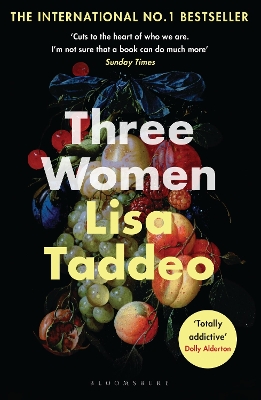Reviewed by clementine on
There's a bit of unevenness, too, with the different stories. Sloane's sections were the least developed and the sparsest overall, while Maggie's interested me the most. In fact, I think the book particularly shone in the sections on Maggie, and I almost wish Taddeo had just written a book about her. Her intervention in this story of sexual abuse, uneven power dynamics, and systemic failure is compassionate and necessary. In general, I appreciated that Taddeo took a completely non-judgmental tone and attempted to understand sexual choices that we may see as unethical or deviant. I think there is quite a generous impulse here. There were certain sentences that made me pause - for example, the idea that teenage girls are "unpopulated" is both untrue (man, teenage girls have some complicated inner lives) and rather dangerous in its implications. Women, even young women, are not empty vessels waiting to be filled up. There was also a line about how Sloane "gave herself an eating disorder", which... yeah. I think there was an interesting throughline of the codependency of these women on the men in their lives and the impulse - but inability - to define their sexualities on their own terms.
This book is compulsively readable and quite compassionate, but I don't think it's nearly as intelligent as it wants us to think.
Reading updates
- Started reading
- 23 October, 2019: Finished reading
- 23 October, 2019: Reviewed
